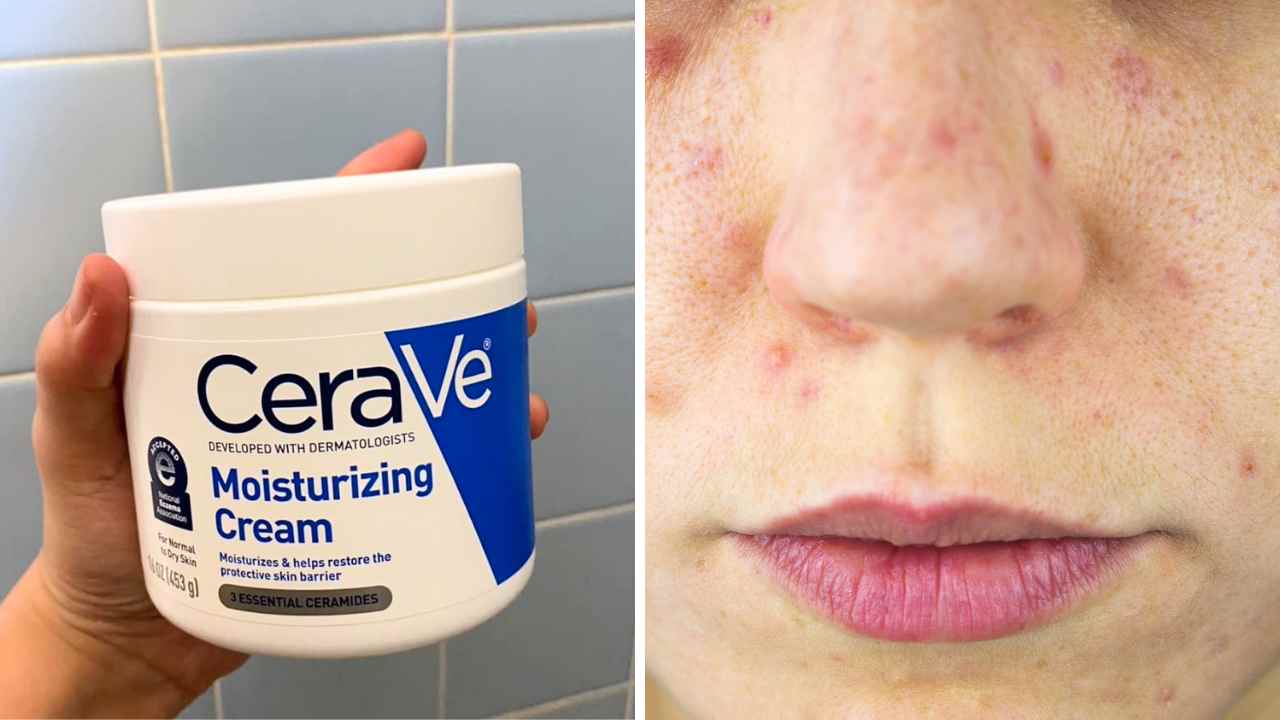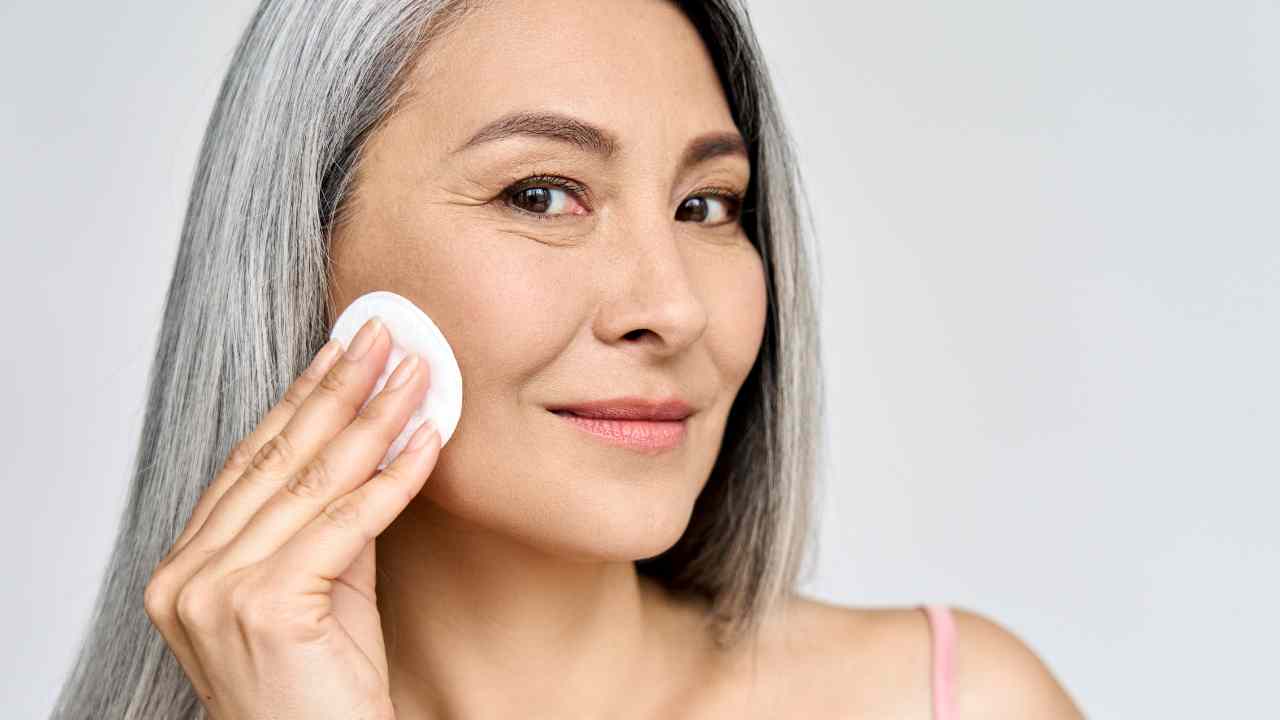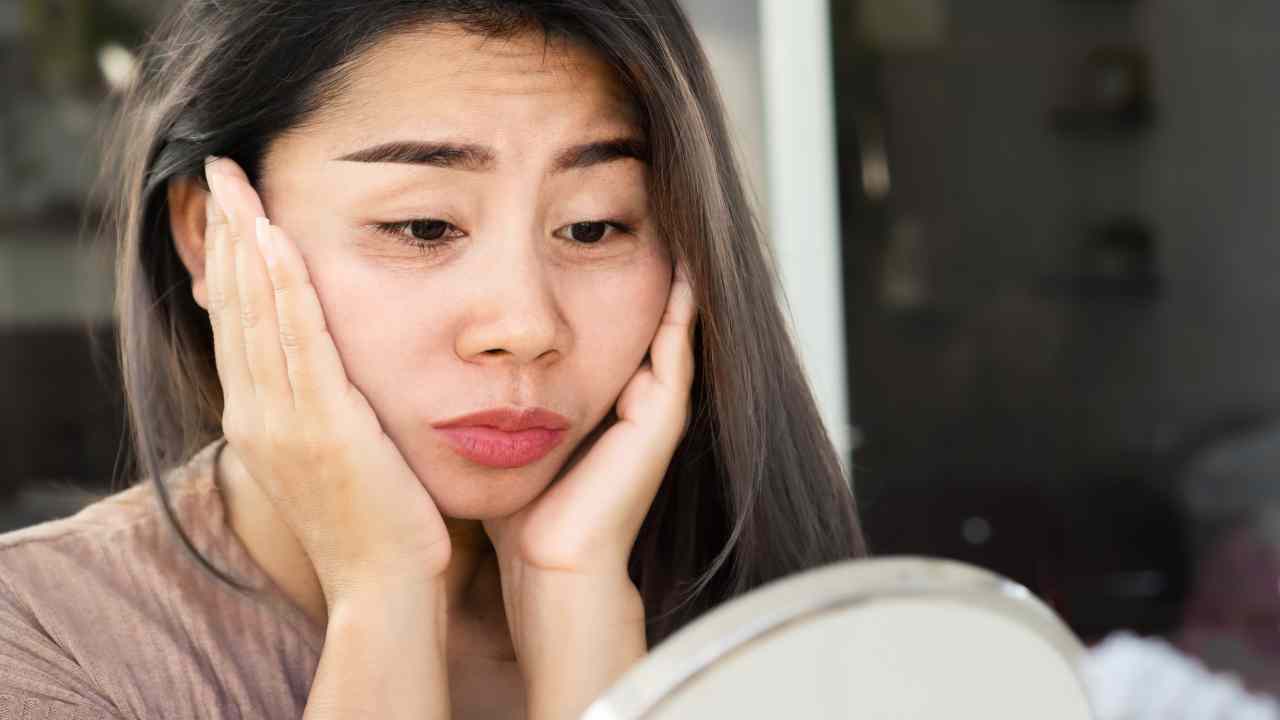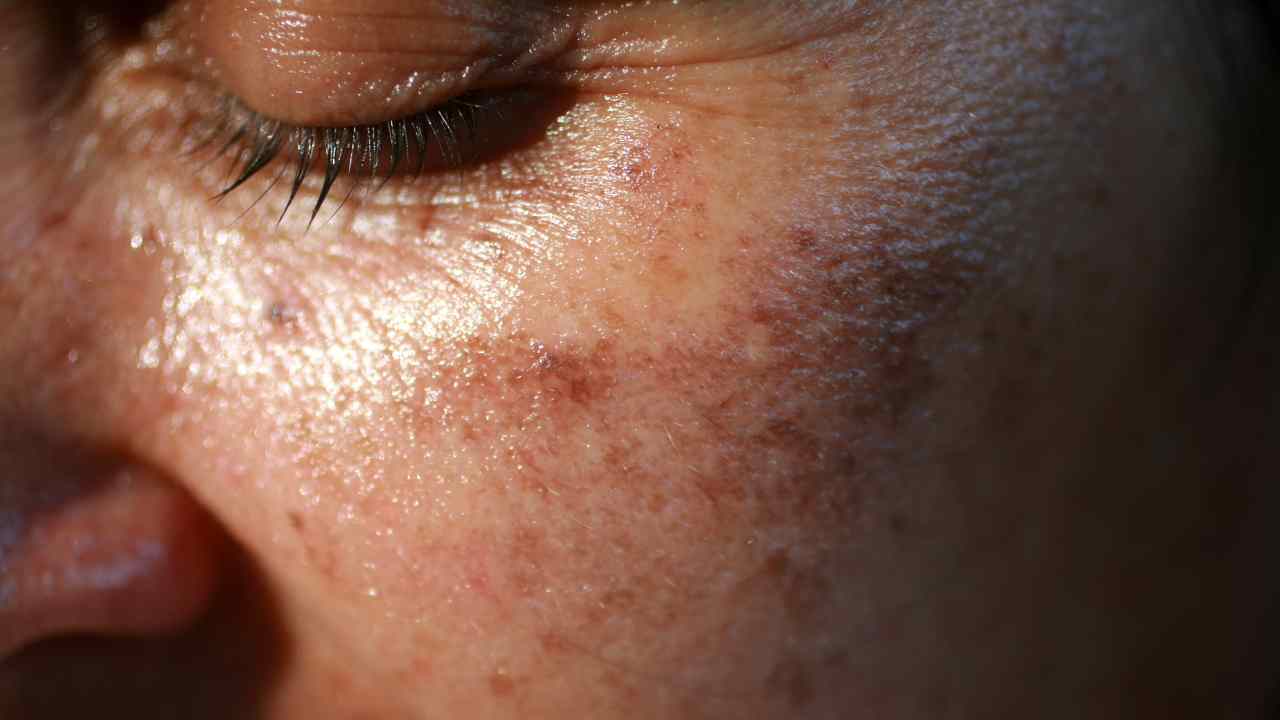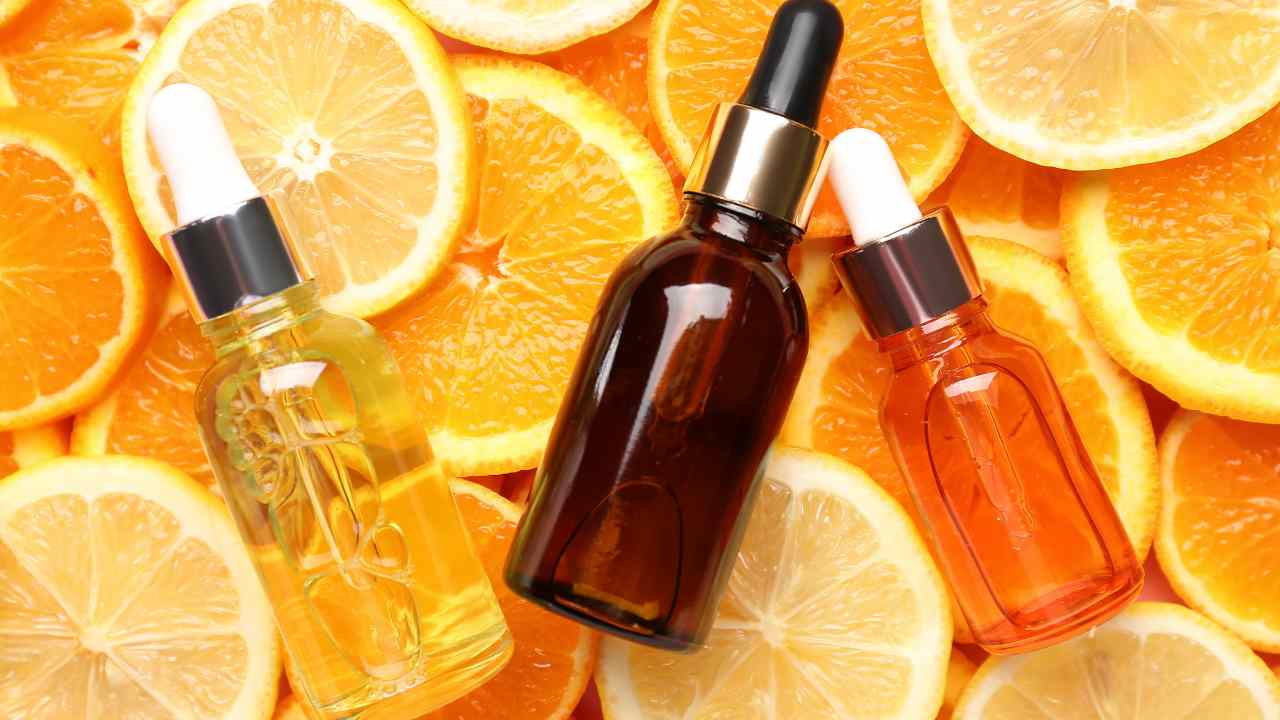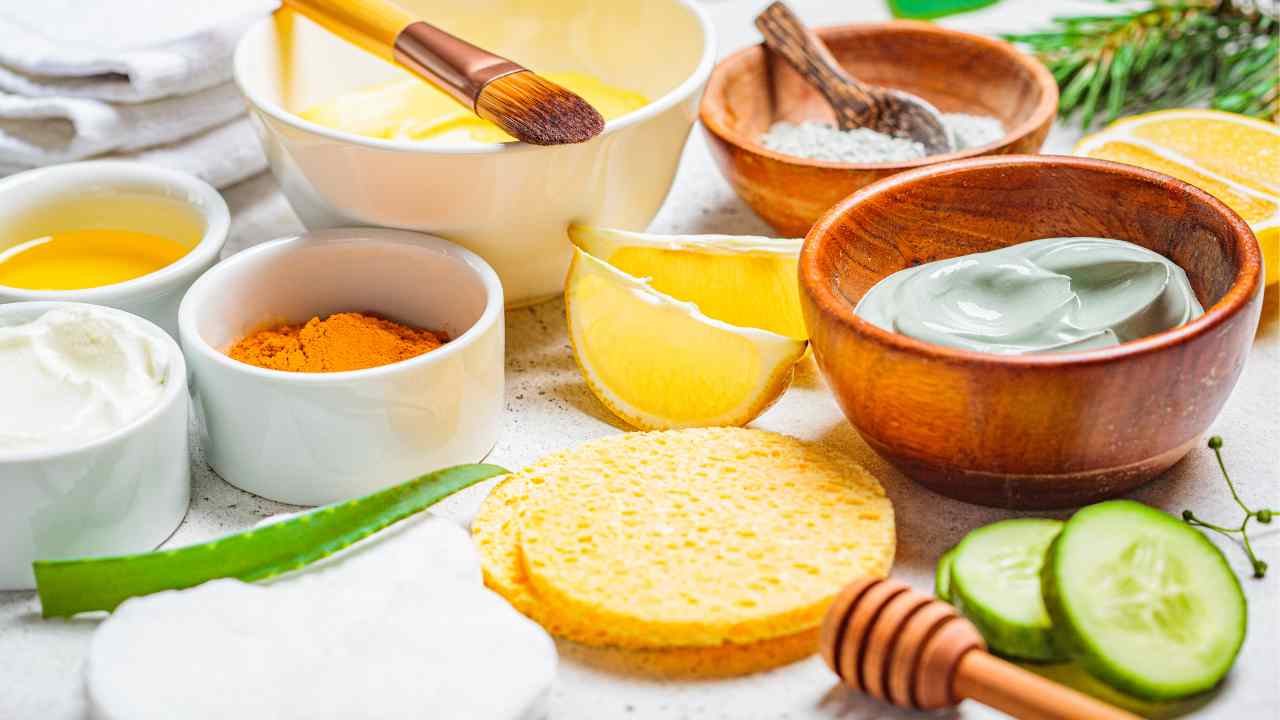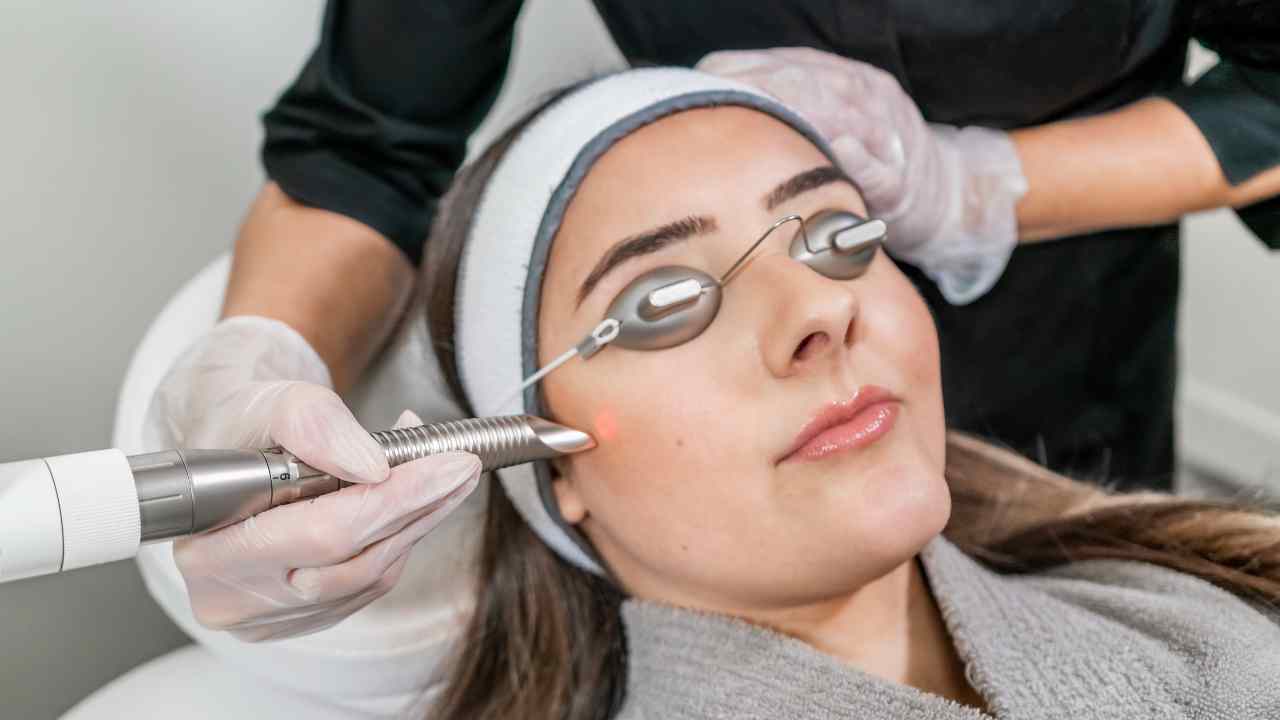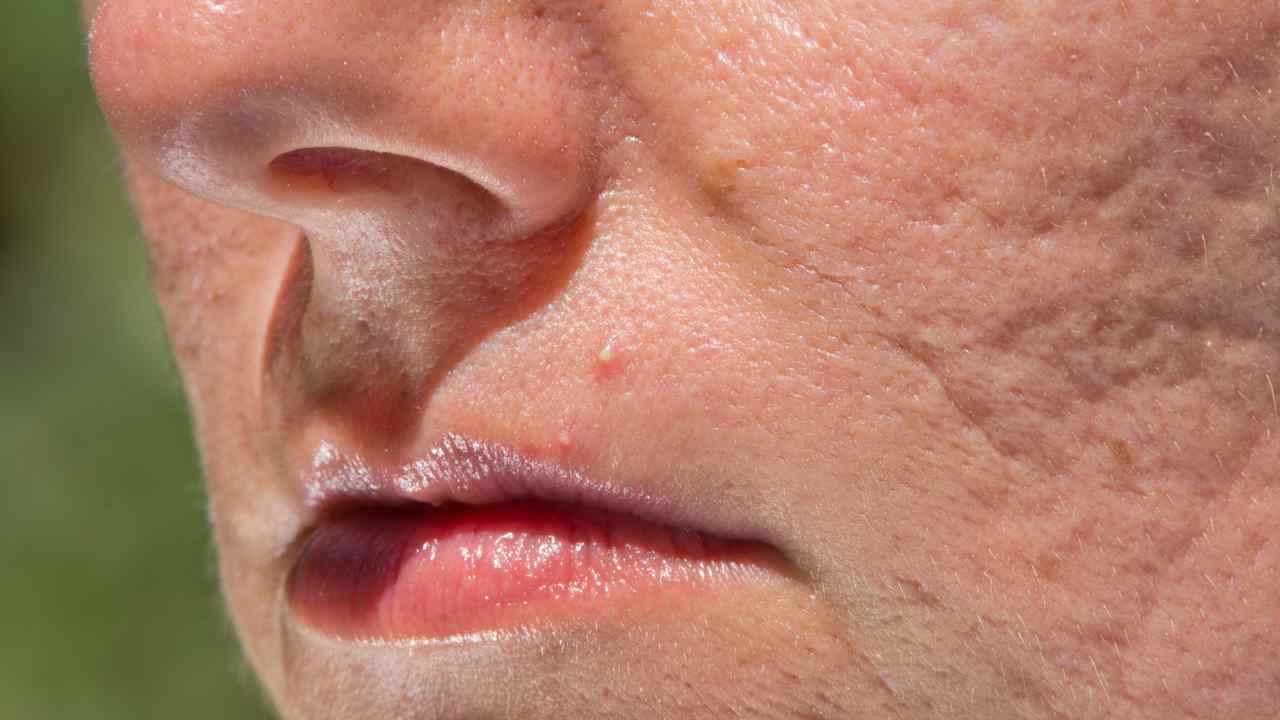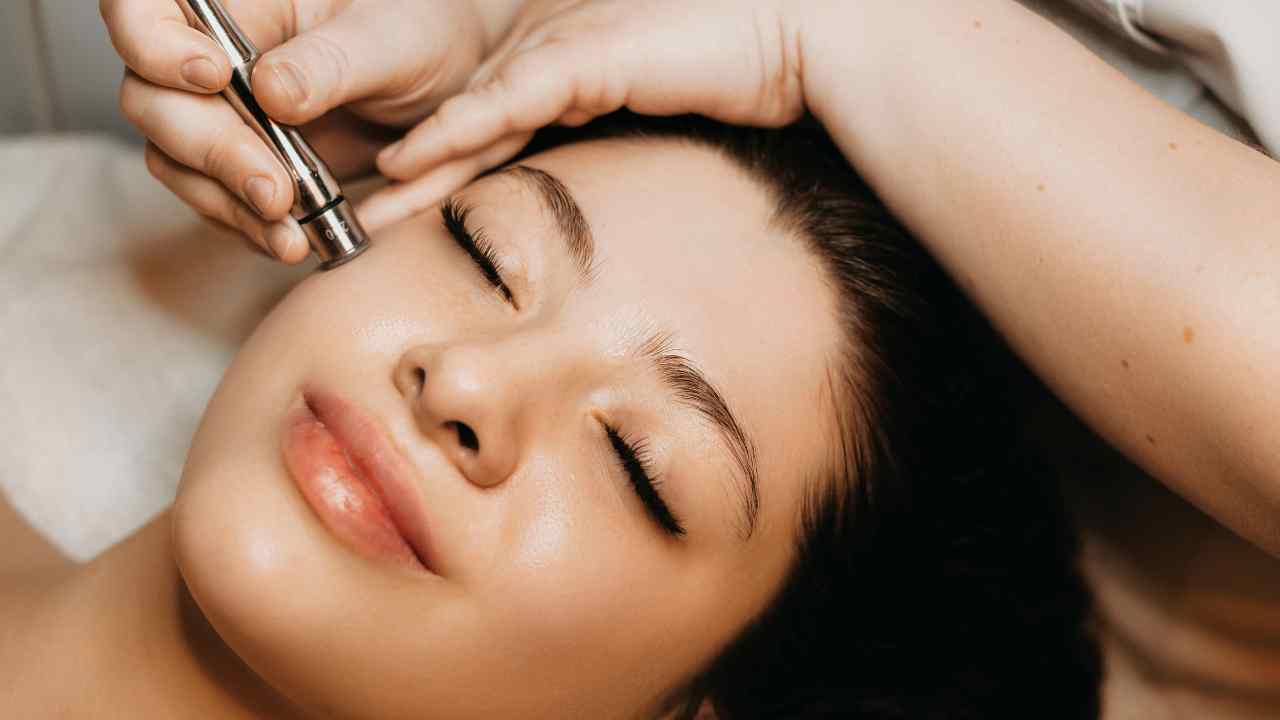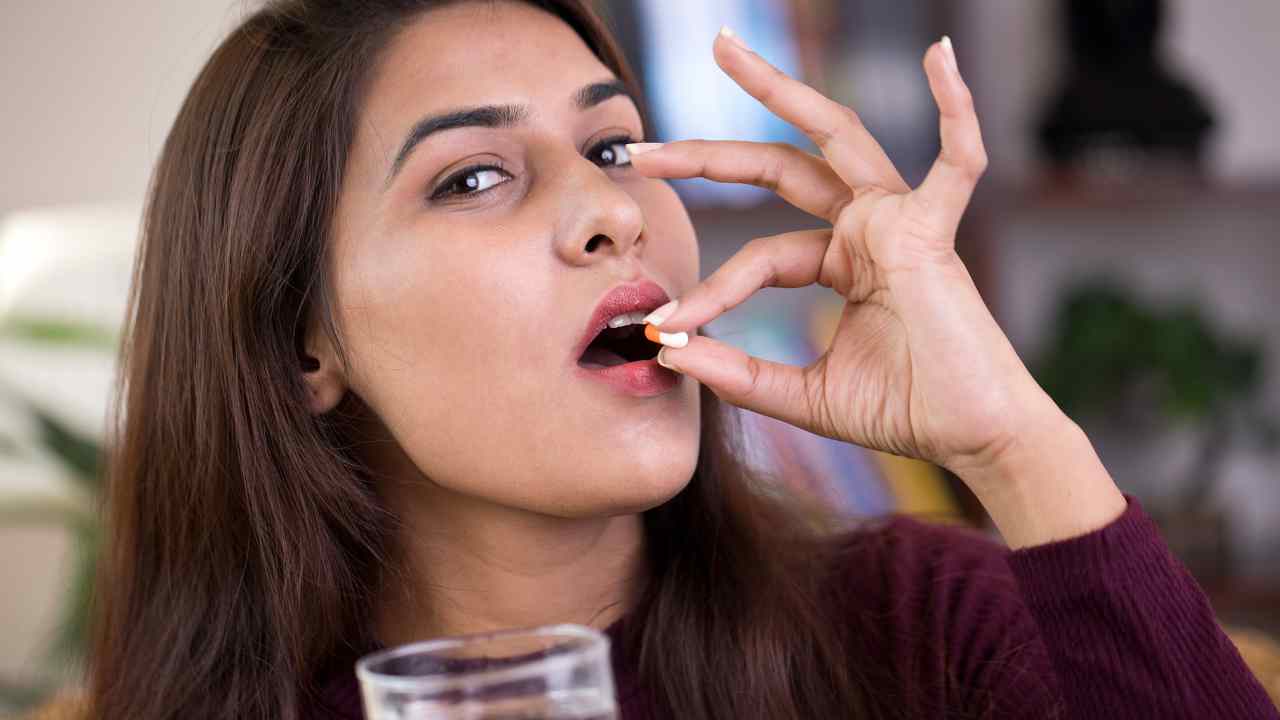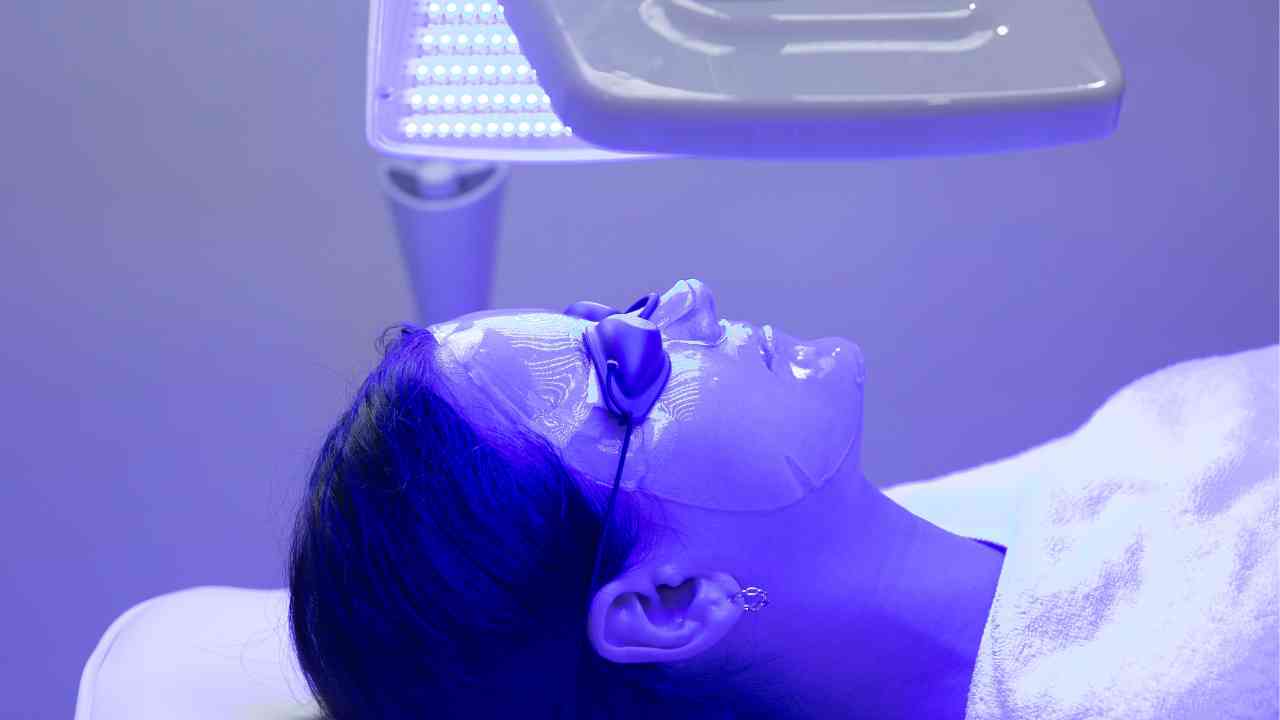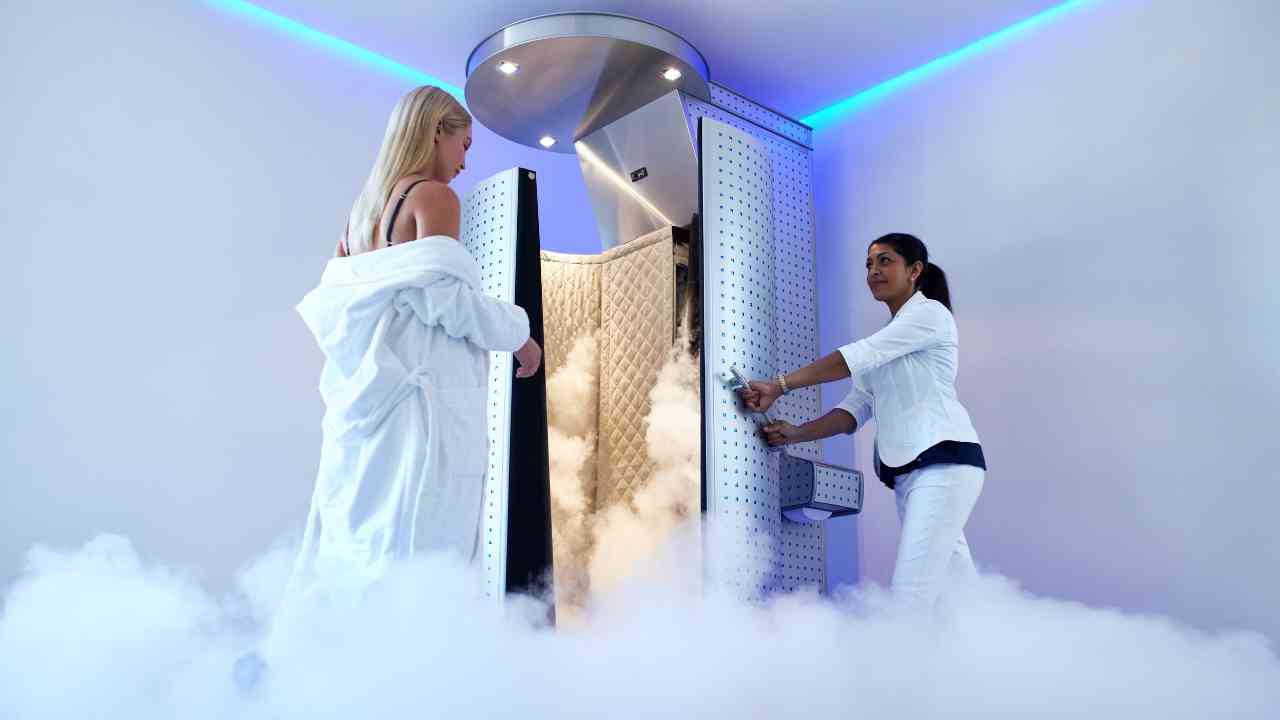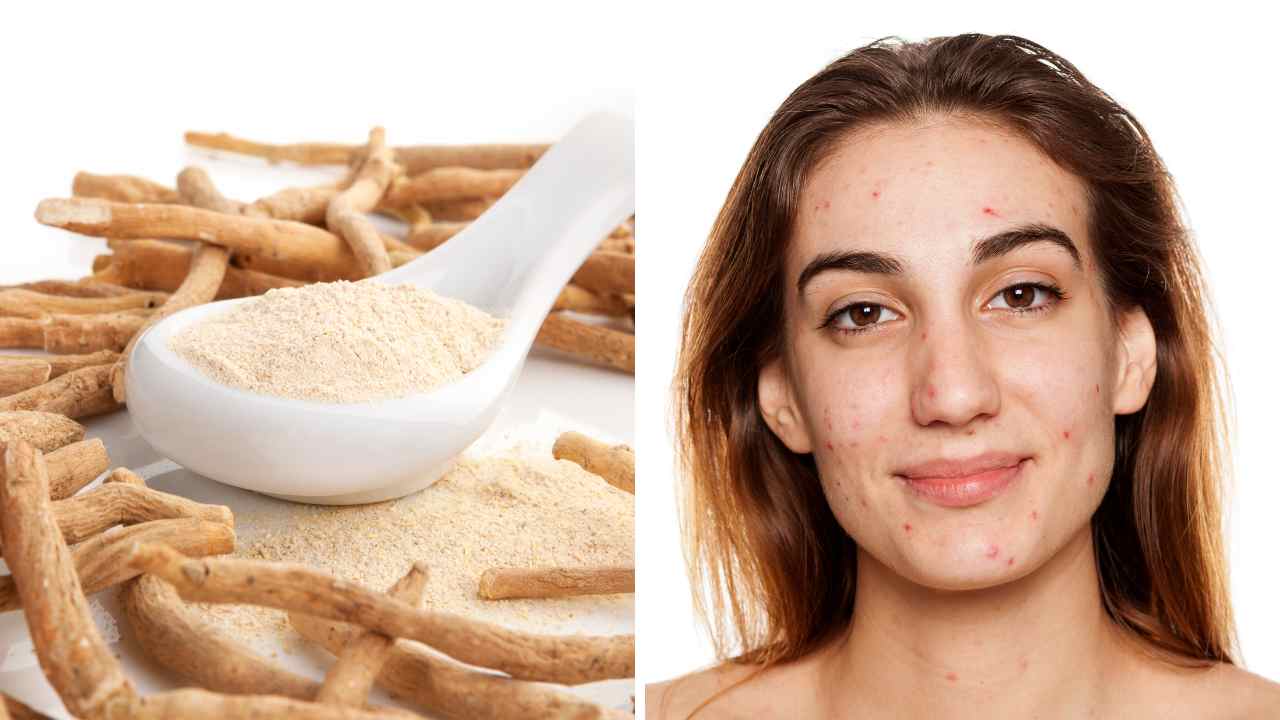
Debunking the Myth: Can Ashwagandha Cause Acne?
Ever since scientists discovered the benefits of ashwagandha powder, people have been scrambling to get their hands on it.
But despite all its positives, some say there’s a dark side to this super-herb. According to these skeptics, taking ashwagandha could result in ugly blemishes and breakouts – an impression that has caused many would-be users to back away from trying it out. But can we (finally) put this long-running myth to rest?
In this post, let's look at the claim that taking ashwagandha can worsen existing acne so you can enjoy all the amazing health advantages free from any worries about new pimples popping up.
What is Acne?
Acne is a very common skin condition that affects almost everyone at some point in their lives.
It's caused by hormones, which control the production of oil in your skin pores and when these oils combine with dead skin cells, they form clogged pores or what we know as 'pimples'.
Inflammatory acne can show up on your face, chest, back, neck and shoulders. It occurs mostly during puberty but it can also affect adults.
Most people will experience some form of acne at least once in their life so don't feel embarrassed if you do get it - plenty of people have gone through this before you and there are treatments available to help manage it.
Aside from hormonal changes, other factors such as stress levels and diet may contribute to the occurrence of acne as well.
Eating unhealthy foods like processed snacks or those high in sugar can lead to inflammation causing acne breakouts while an increase in stress might lead to higher levels of cortisol (a hormone linked to acne).
And let's not forget about environmental pollutants either; air pollution has proven effective at clogging our pores which could lead to more outbreaks over time. Some people also believe that cigarettes, vaping, or smoking marijuana can aggravate acne breakouts.
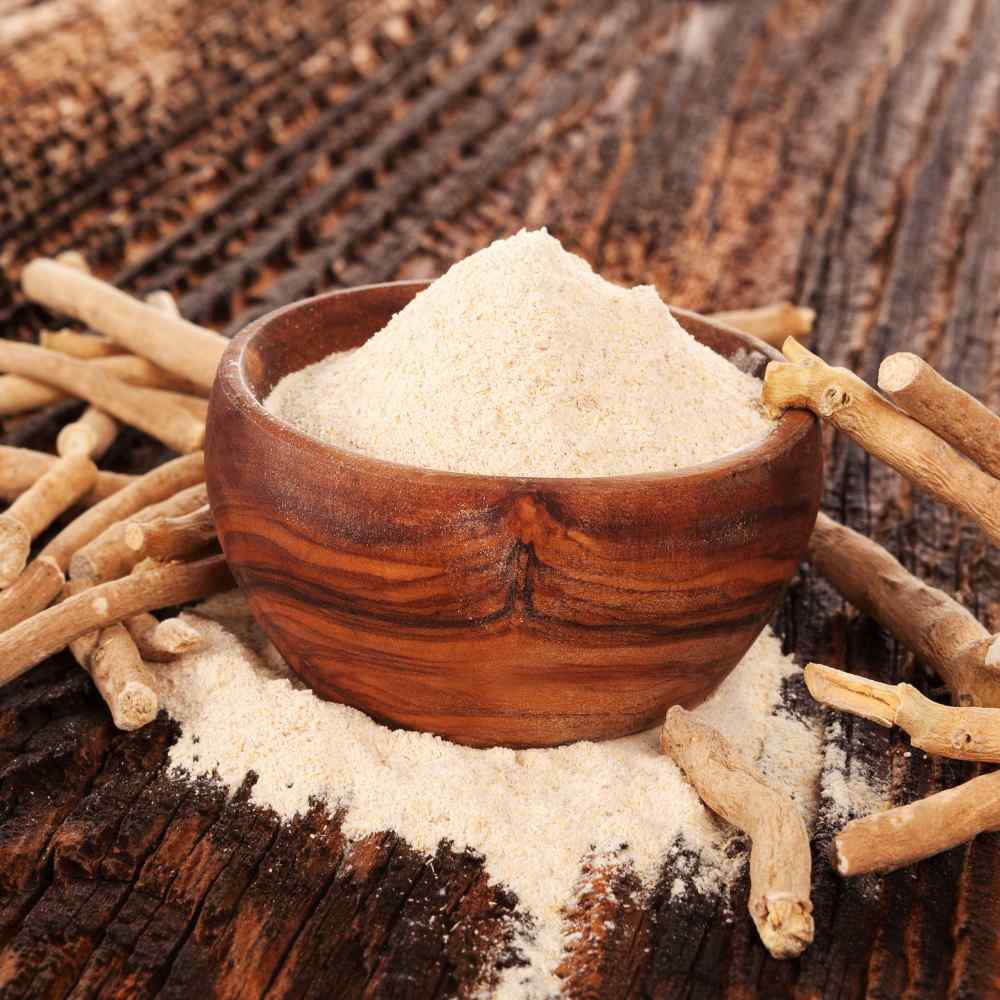
What is Ashwagandha?
Ashwagandha, or Indian ginseng, is an ancient medicinal herb long used in the traditional Indian Ayurvedic medicine system as a tonic for energy and vitality. But it seems people are discovering much more potential uses for this natural substance now than ever before.
The scientific name of Ashwagandha is Withania somnifera. This small evergreen shrub with yellow flowers grows in India, the Middle East and parts of Africa as well.
This ayurvedic herb herb itself is quite cooling with its unique combination of components including alkaloids (e.g., withanolides), saponins (e.g., oleanolic acid), flavonoid glycosides (beneficial antioxidants) and many others beneficial compounds like sterols and proteins.
But there are numerous other health benefits linked to this dynamic herb. Some people claim ashwagandha can improve energy levels, boost immunity, lower cholesterol, treat autoimmune diseases and even fight depression by boosting neurotransmitter activity in the brain.
This makes this herb increasingly attractive not only to medical professionals but smart individuals looking for natural remedies who want something proven effective without harsh side effects from pharmaceutical drugs.
How Do You Take Ashwagandha?
Ashwagandha comes in a variety of forms. You can get it as a powder, a capsule, an extract, and even as tea.
The most popular form of Ashwagandha is the powder form which you can use to make different kinds of recipes such as smoothies and tonics.
If you’re looking for convenience, then capsules are your best bet. They provide about 500mg each so you only need one per day.
For those who want an even stronger effect from this herb, extracts are also available. This super potent version provides high concentrations of its active ingredients which makes it ideal for therapeutic uses.
And lastly, you can try out its tea form. It’s pretty easy to make. And a good option if you dislike taking pills.
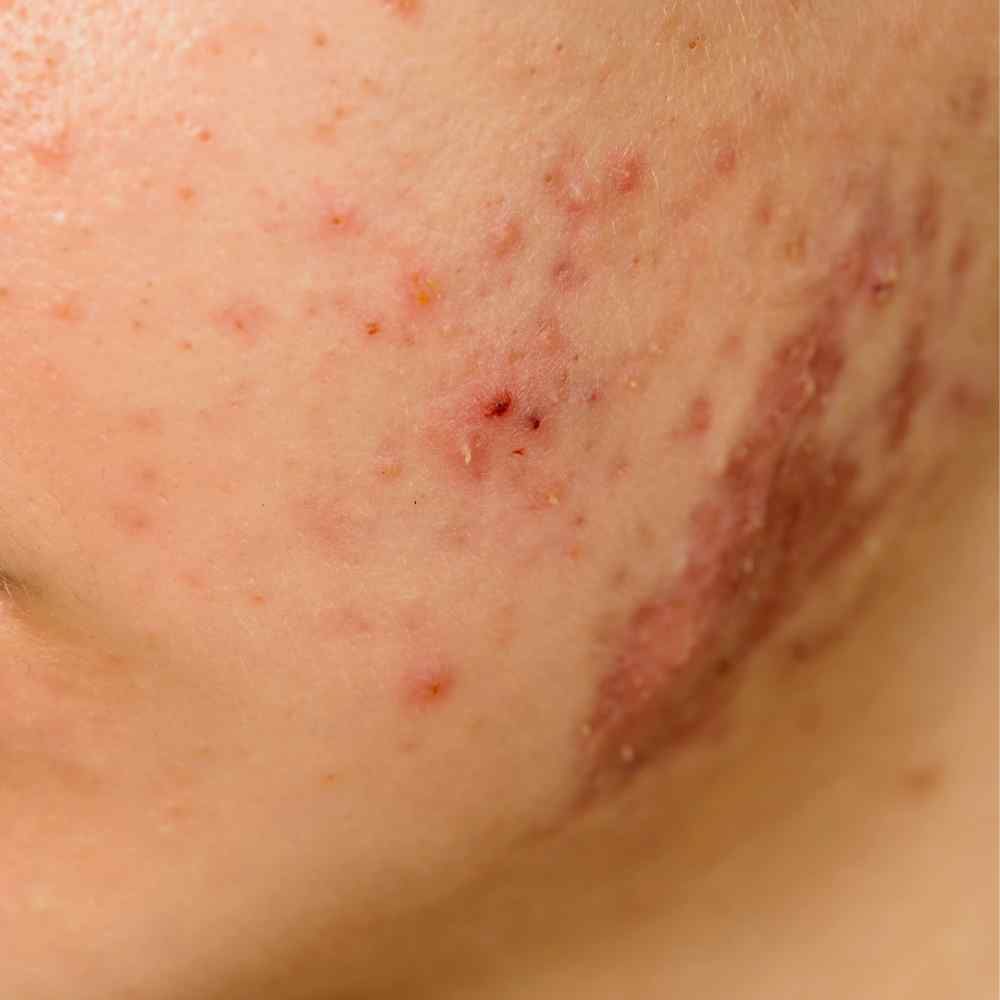
Can Ashwagandha Cause Acne?
There is a common belief among some individuals that ashwagandha can cause or exacerbate acne breakouts. However, it's important to note that scientific evidence supporting this claim is limited.
Acne is a multifactorial condition influenced by various factors, including hormones, genetics, and skincare habits.
It's unlikely that this ashwagandha affects acne prone skin directly, however it may raise testosterone levels. Because increased testosterone could lead to breakouts, this could be a link.
While certain substances can potentially influence acne development, it is crucial to consider the broader context and individual factors.
The Benefits of Ashwagandha for Skin Health
Stress Reduction
Chronic stress can have detrimental effects on overall health, including the skin. High levels of stress may trigger or worsen acne breakouts.
Ashwagandha, as an adaptogenic herb, is believed to help the body manage stress and promote a sense of calm. By reducing stress, ashwagandha may indirectly support skin health and potentially reduce acne triggers associated with stress.
Hormonal Balance
Hormonal imbalances can contribute to acne development. Ashwagandha has been studied for its potential to modulate hormone levels, particularly cortisol, the primary stress hormone.
By promoting hormonal balance, ashwagandha may help address hormonal acne, which is often characterized by breakouts along the jawline and chin.
Anti-inflammatory Properties
Inflammation plays a significant role in acne formation and severity. Ashwagandha possesses anti-inflammatory properties, which may help reduce inflammation and redness associated with acne. By addressing inflammation, ashwagandha may potentially alleviate acne-related symptoms.
Using Ashwagandha Safely
While ashwagandha is generally considered safe for most people when consumed in appropriate doses, it's important to use it responsibly. Here are some considerations to keep in mind:
Consult a Healthcare Professional
If you have concerns about ashwagandha's potential impact on your skin or existing acne condition, consult a healthcare professional. They can provide personalized advice for treating acne based on your medical history, current medications, and skincare needs.
Quality and Purity of Products
When purchasing ashwagandha supplements, ensure that you choose high-quality products from reputable brands. Look for third-party testing, certifications, and follow the recommended dosage guidelines provided by the manufacturer.
Individual Sensitivities
While ashwagandha is generally well-tolerated, individual sensitivities or allergies can occur. Start with low to medium doses to see how your body reacts. If you experience any adverse reactions after taking ashwagandha, such as skin irritation, skin rashes, or worsening acne, discontinue use and consult a healthcare professional.
After browsing TikTok, we found mixed reviews from people taking ashwagandha. Here is what one TikToker experienced.
@honeybachan.com Going on week 3 did some research and you’re not supposed to take it if you have preexisiting hormone imbalances! #skincare #acnepsa #acnetips #naturalskincare #ashwagandha #herbalmedicine #beauty #naturalbeauty #stresslevels #stressrelief #hormonalimbalance #hormonebalancing
♬ original sound - Honey | Biz + Embodiment
Ashwagandha & Acne
To sum up, there is a lack of hard evidence backing the assertion that ashwagandha causes acne.
Despite that fact, ashwagandha has plenty of positives and can be a beneficial part of the healthcare arsenal in tackling stress levels, hormones, and inflammation.
That being said, dosage can make all the difference when it comes to medicinal plants and supplements; too little or too much can have consequences!
So always remember, ashwagandha should not be taken lightly and it is wise to consult your physician before using any supplement. As always, here's to healthy skin!



